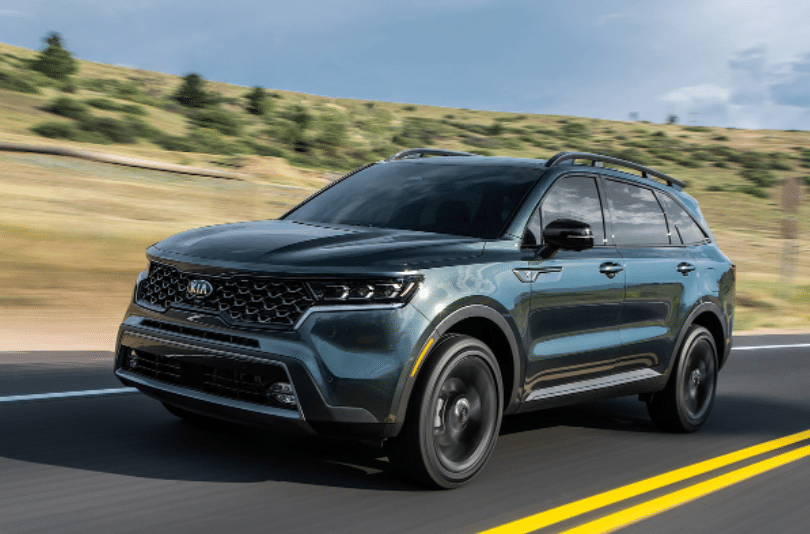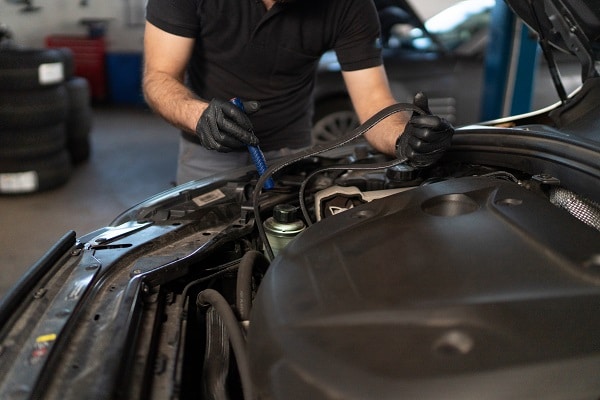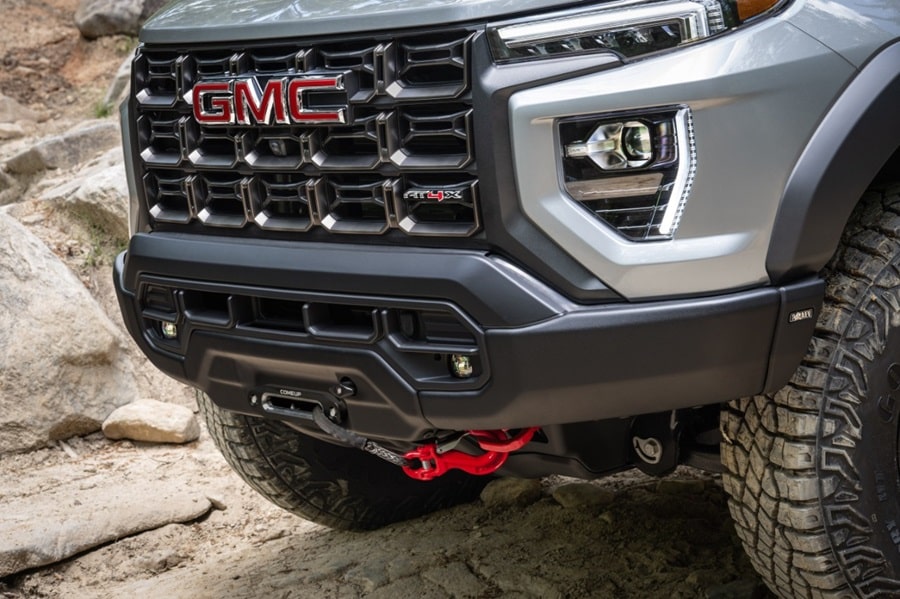Are you looking for ways to make your car more fuel-efficient? If so, you’re in luck. With gas prices on the rise, it’s more important than ever to make your car as fuel-efficient as possible. This post will discuss some of the best tips for improving fuel efficiency. So, if you’re looking to save money on gas, read on for some helpful tips!
Contents
Check Your Tire Pressure

Most people are familiar with checking their car’s oil level and tire pressure regularly. However, many motorists don’t realize that keeping your tires properly inflated can actually improve your fuel economy. According to experts, properly inflated tires can improve gas mileage by up to 3%. This may not seem like much, but over the course of a year, it can add up to quite a bit of saving.
Moreover, it’s important to remember that under-inflated tires are also more likely to suffer from wear and tear, costing you even more money in the long run. So next time you’re at the gas station, take a few minutes to check your tire pressure. It’s a simple way to save money and keep your car running smoothly.
Slow Down

One of the simplest and most effective ways to improve your car’s fuel efficiency is also one of the easiest to do: drive more slowly. While it may not be the most exciting way to spend your time on the road, driving at a slower speed can significantly impact your gas mileage. For example, for every 5 mph you drive over 50 mph, you’re effectively paying an extra $0.24 per gallon for gas. That means that if you’re going 65 mph, you’re spending almost 30% more on gas than you would be if you were driving at a steady 55 mph.
In addition to saving money, driving more slowly also helps to conserve energy and reduce pollution. So next time you’re in a hurry to get to your destination, remember that there’s no need to race- slowing down is the best way to save.
Replace Your Spark Plugs

Over time, spark plugs can become fouled by oil and carbon deposits. In addition, as they become progressively dirtier, they require more voltage to create a spark, leading to decreased fuel efficiency and engine power.
In extreme cases, fouled spark plugs can cause an engine to misfire. Replacing your spark plugs regularly is an easy way to help keep your engine running smoothly and improve your car’s fuel economy. In most cases, spark plugs should be replaced every 30,000 miles or so.
However, consult your owner’s manual for specific recommendations for your vehicle. Replacing your spark plugs is a simple and inexpensive way to improve the performance of your engine and get the most out of your gas tank. By keeping your spark plugs clean and properly functioning, you can help keep your car running smoothly and efficiently for years to come.
Change Air Filters

Your car’s air filter does more than just keep the air inside your vehicle clean – it also plays a role in maintaining fuel efficiency. A dirty air filter can restrict airflow to the engine, making it work harder and reducing fuel economy. In some cases, a clogged air filter can even cause engine damage.
That’s why it’s essential to change your car’s air filter regularly – typically every 12 months or 12,000 miles. Most filters are relatively inexpensive, and replacing them is a quick and easy task that you can even do yourself. By changing your car’s air filter, you can help to improve its fuel efficiency and protect your engine from damage.
Use Cruise Control When Appropriate

Chances are, most people have used the cruise control feature on their car, but few know how fuel-efficient it can be. Cruise control can help you save money at the pump when used appropriately. Here’s how it works: cruise control allows your car to run more smoothly by maintaining a consistent speed.
This, in turn, reduces engine wear and tear, leading to better fuel economy. In addition, cruise control can help you avoid sudden acceleration, which can use up more gas than necessary. When used wisely, cruise control can be a great way to save fuel and improve your car’s fuel efficiency. It could end up saving you money in the long run.
Avoid Idling

If you’re like most people, you probably think that idling is a harmless way to pass the time. After all, what’s the harm of sitting in your car with the engine running while you wait for a friend or grab a bite to eat? As it turns out, idling can actually significantly impact your car’s fuel efficiency. When your engine is running, it is consuming fuel. The longer you idle, the more fuel you are using.
And since modern cars run most efficiently at high speeds, idling actually prevents your vehicle from operating at peak efficiency. In fact, restarting your car’s engine uses less fuel than letting it idle for 20 seconds. So next time you want to idle, remember that it’s not only bad for the environment—it’s also bad for your wallet.
Remove Weight If Possible

If you want to make your car more fuel-efficient, one of the best things you can do is remove any unnecessary weight. Every extra pound of weight that your vehicle has to carry around requires more fuel to move, which means that shedding even a few kilograms can have a noticeable impact on your fuel economy. So, if you’re looking to save some money at the pump, make sure to take a close look at your car and see if there’s anything you can remove. Even something as small as an unused child seat or a set of golf clubs can make a difference.
Of course, you’ll want to be careful not to remove anything that could potentially impact the safety of your vehicle. But if you can find a way to lighten the load without compromising on safety, you’ll be well on your way to improving your car’s fuel efficiency.
Conclusion
There are many ways to make your car more fuel-efficient, and each one can have a noticeable impact on your wallet. These tips will help you save money at the pump and reduce your carbon footprint. So what are you waiting for? Start implementing these tips today and see the difference they make!


